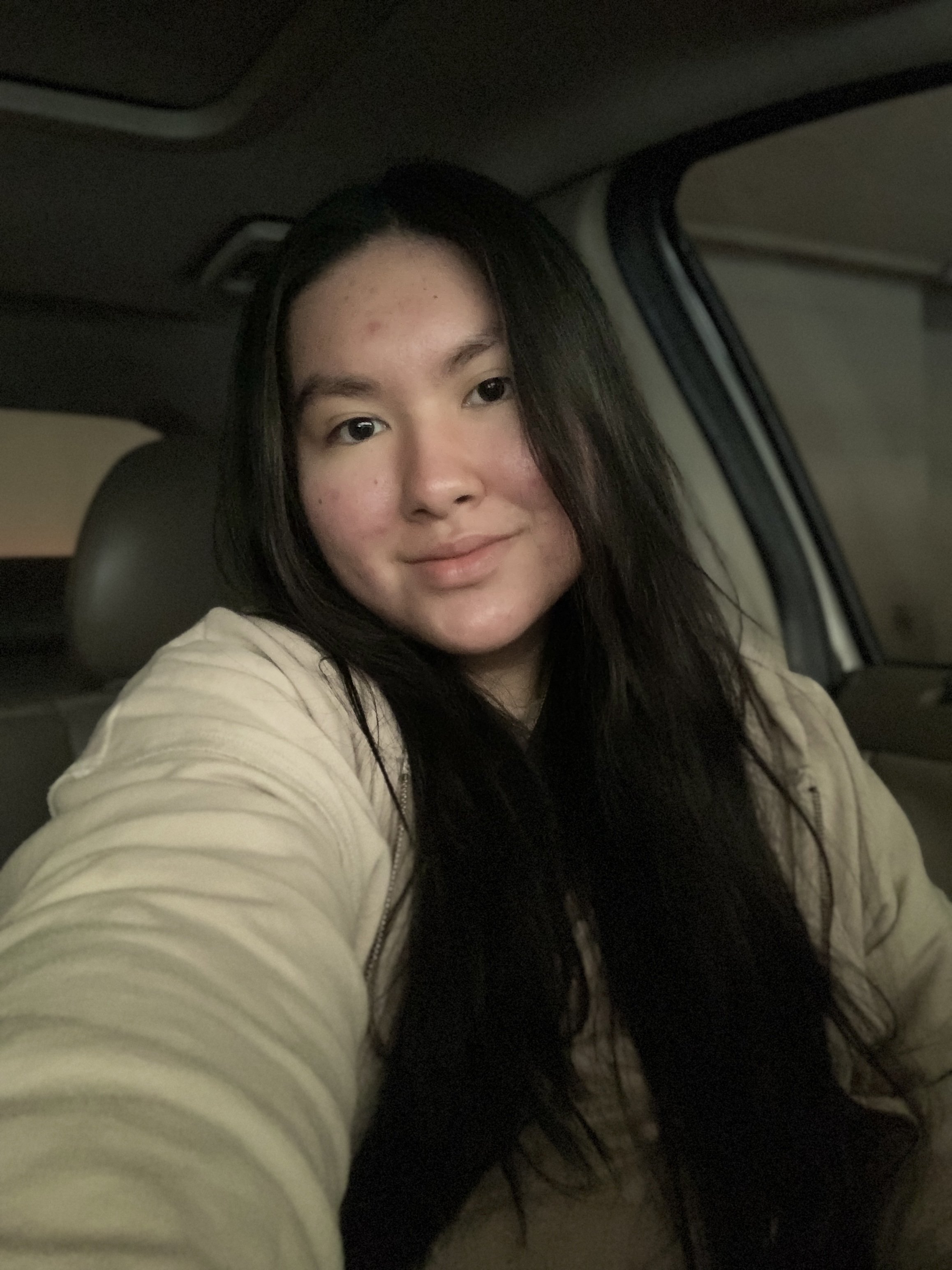"Tapping Into Feelings: An Interview with Brynn Saito" by Tiffanie Merino Kurniadi
California is a melting pot of immigrants from various cultures. Children of those immigrants find themselves a minority with untold stories and struggles from generations before them. Brynn Saito, a Japanese American and Korean American poet, found herself struggling with her identity and origins. As a Kundiman Asian American poetry fellow and two-time recipient of the California State Library’s Civil Liberties Public Education Grant, she has earned a BA from the University of California Berkeley; an MA from New York University; and an MFA from Sarah Lawrence College. Several early collections of poetry, The Palace of Contemplating Departure and Power Made Us Swoon, were praised by reviewers and critics. She will be MORIA’s featured guest at the First Press Reading Series on April 22, 2024.
Through poetry, Saito was not only able to process her thoughts but also found an outlet to her emotions: “I was always trying to sort of make sense of myself and where I belonged and who I was, and probably, like a lot of young people, had a lot of big feelings. And desires and angst and frustrations . . .” she explains to me in this interview, when I asked about her start in poetry. Saito notes that she originally gravitated towards poetry through the world of poetry slams. She remembers, “I was drawn to poetry first as a spoken art” and later on found that it was the vessel she needed to express herself in written form as well. In discussing her process of writing, Saito highlights that, “A lot of the poems now that I've written in the latest book come out of just going to workshops or doing residencies or going on retreat.” She notes that unless she’s held accountable, it’s hard to produce poems: “So I've realized it's only through community and friends that I keep writing . . . if nobody is paying attention, I might just not.”
When I asked Saito about her motivation to write the stories of her Japanese-American grandparents being held by the United States government in concentration camps during World War II, she emphasizes a connection to community, mentioning that these poems “came out of a desire to really know more about what had happened to my grandparents and what they went through.” Although Saito didn’t have a chance to “speak with them much about their camp experience,” she thinks that they “felt a lot of anger and shame around that experience, so they didn’t really talk about it.” Saito expresses that there was a lot of silence around that issue until 20 years after her grandparents’ deaths, when she reconnected with some local Japanese Americans in the Fresno area where she lived and did some organized work in writing about this forced incarceration.
When Saito started doing this community work—researching and connecting with the Japanese American community—she visited the former WWII concentration camps of Manzanar and Gila River. As part of the Yonsei Memory Project, whose goal is to generate dialogue about the Japanese concentration camps, Saito worked with founder Nikiko Masumoto and found that there was a call from Densho, an artist initiative that sought to preserve the stories of the incarcerated. She received the grant with the proposal that, “I would go to Gila River with my dad and then write about it, write a short chapbook about it.” She recalls, “in part it was seeing that funding opportunity and thinking, I’ve always wanted to do this with my dad, go there and visit Gila River . . . It kind of all came together like that, and that trip to Gila River became the basis of the third book, Under the Future Sky.” Bits of Under a Future Sky were written in the last five-to-ten years, at different times and in chunks while Saito was doing her residency or attending a writing conference. Saito mentions that when visiting these sites, “I wasn’t really trying to write about it necessarily, but it then started coming through in my poems. Once I started turning towards those histories, then it’s shaping my poetry.”
In Under the Future Sky, this latest book about her grandparents' incarceration and experiences after their release, she is able to express her thoughts and feelings surrounding those stories. She ascribes this act of poetry-making to the words of “Muriel Rukeyser, who says our material as poets is how we feel and how we remember.”
Tiffanie Merino Kurniadi
Tiffanie is a second-year student at Woodbury University, majoring in Architecture. Although she hopes to do something in the realm of design in the future, at the moment you can mostly find her reading historical novels. She also has a passion for baking and discovering new hobbies that prove to be relatively helpful and functional.

